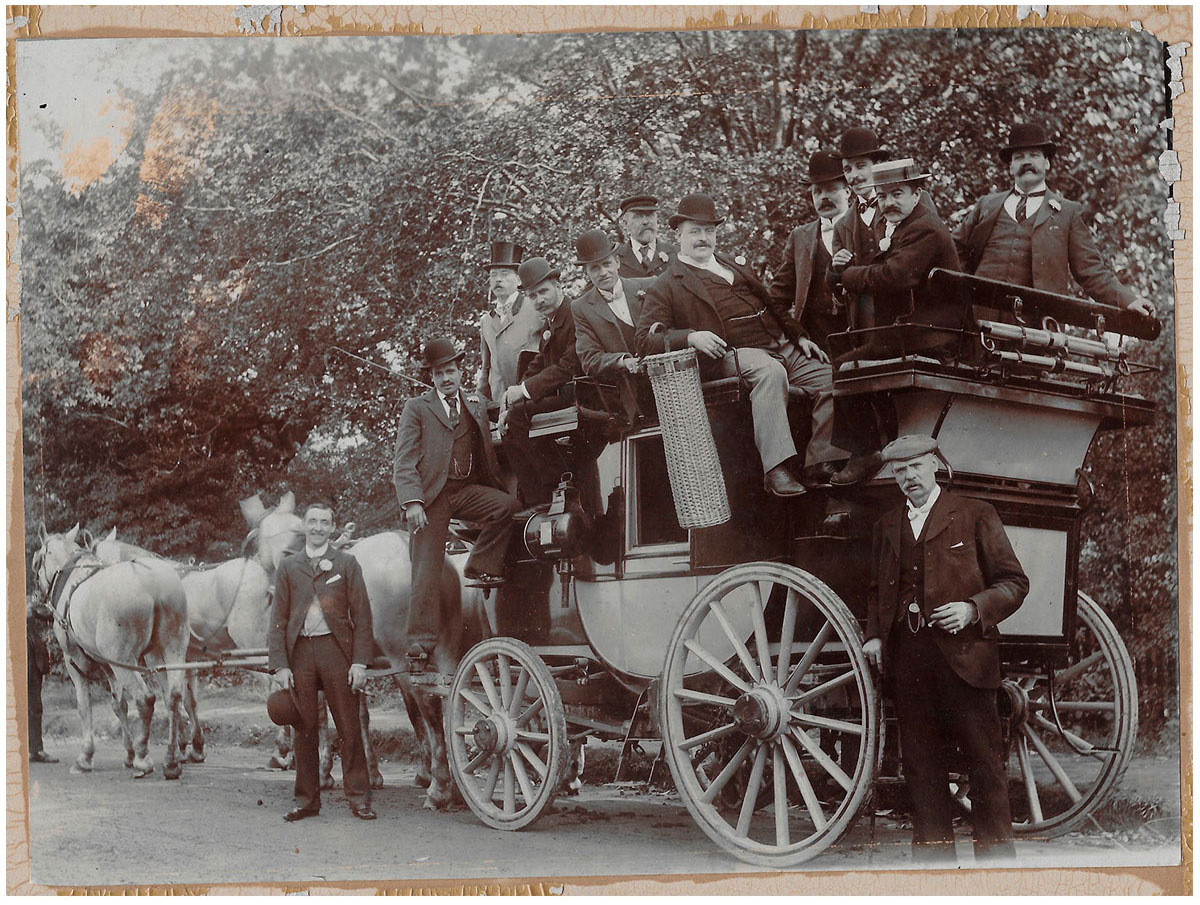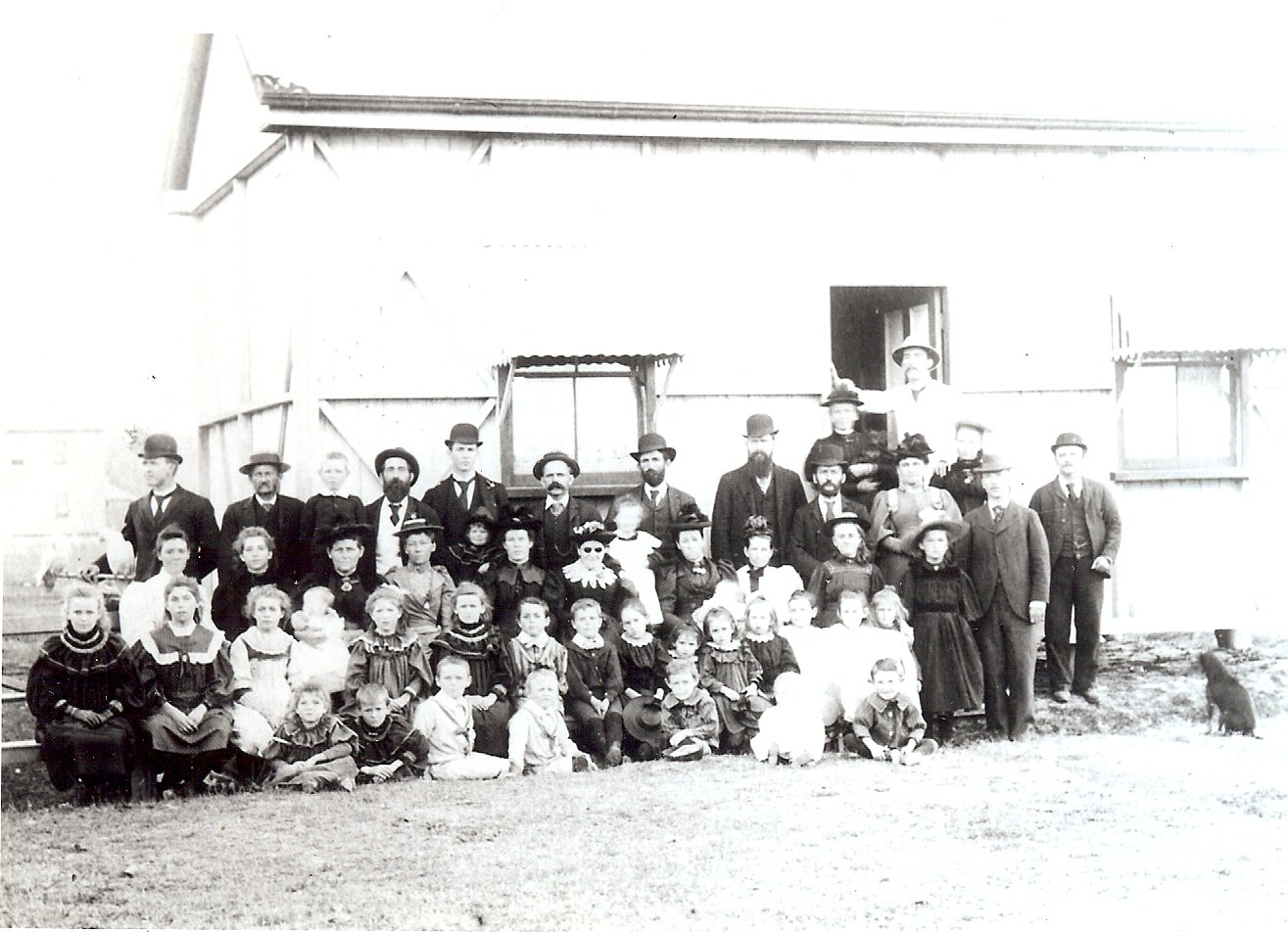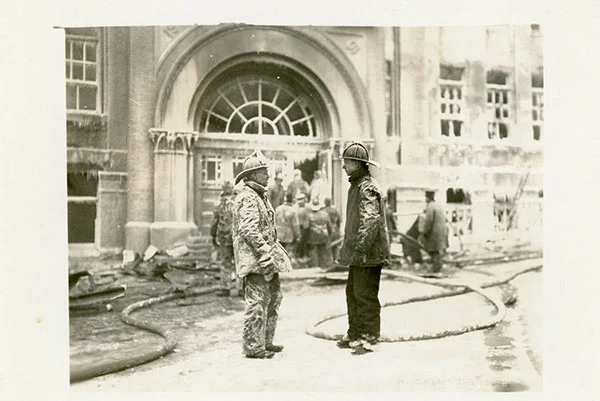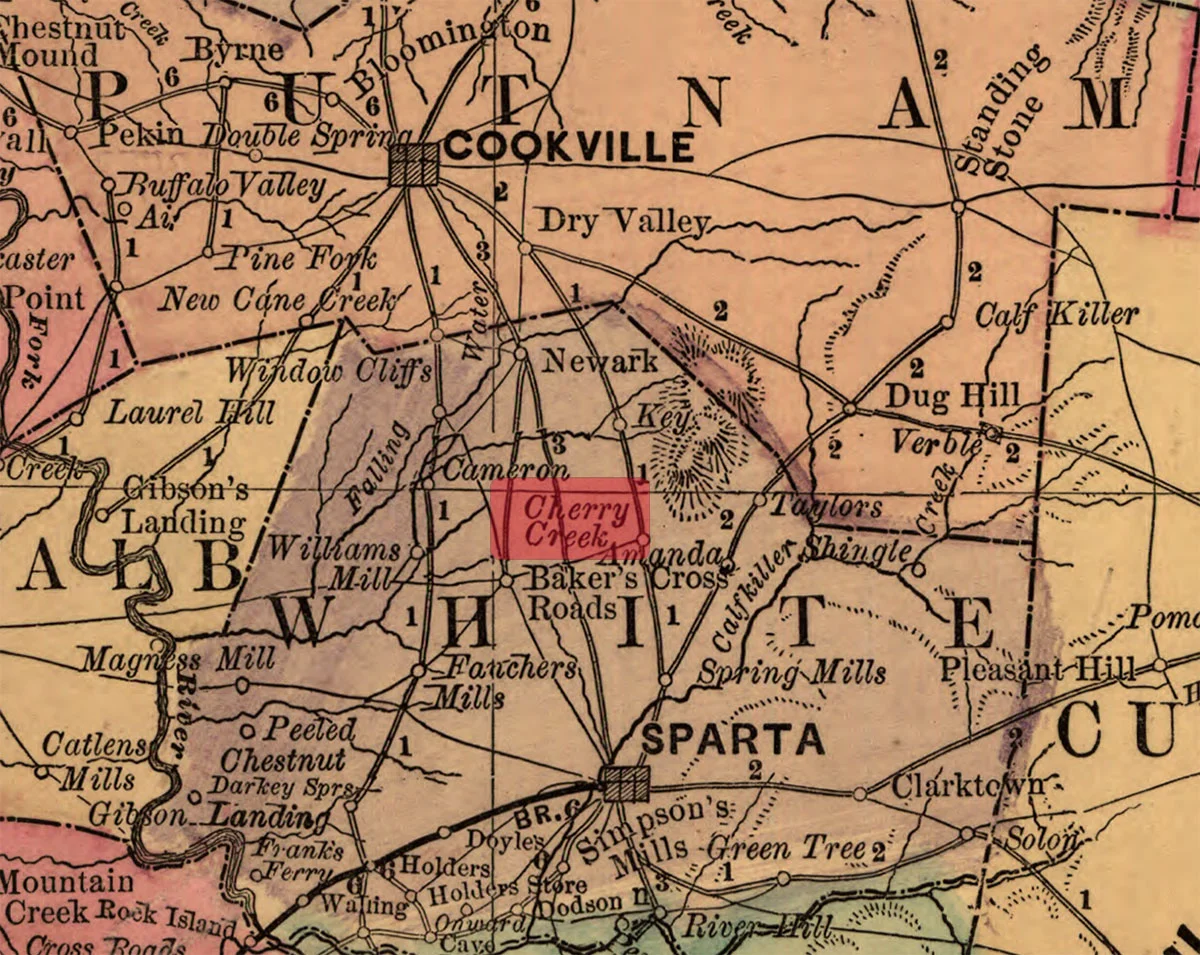I texted my nephew the other day asking “How does someone make genealogy more interesting to Millennials, like him?” His reply, “You’ve got to change the perception that it’s something for old people.” I wasn’t too surprised by that answer, until recently, I felt the same way.
So I tried to explain to him that Genealogy is a multi-billion dollar industry. That there are millions of amateur genealogists and thousands of professional ones. That genealogy is at the epicenter of storytelling and documenting history. That the next big Google, Facebook, Twitter or Instagram and the next big genetic advances could all happen in the arena of genealogy and that the industry needed the brilliant computer-like minds of his generation and the next to help.
I think I got his attention. Maybe I can get yours. See that number below? It’s getting bigger.
Why did I ask my nephew about Millennials? Because last week, I was one of over 25,000 attendees from around the world at RootsTech, the largest family history technology event in Salt Lake City, Utah. Yes, there were a lot of gray hairs at the event, including the ones that have been popping up on my GenX head, but there was also an overwhelming number of much younger individuals including a fourteen year old girl who became fascinated with genealogy when she was ten.
There were also technology developers, investors, bloggers, and storytellers keyed in on the future of this fascinating industry. All seeking to better record, manage and navigate the billions of bits that reveal the stories of our lives. Each attendee was there to learn how to write their own chapter within this new global genealogical society.
Maybe I’m just late to the party, but it wasn’t until last week at RootsTech that I realized just how enormous the industry is, and how much room it has to grow.
Image Courtesy RootsTech.org
I can admit that I’ve had some incorrect impressions about genealogy over the years. What I know now is that genealogy is not just that thing the LDS church does, or that retirees or history enthusiasts do. It is not just people searching for famous ancestors, lost money or birth parents. It is not just a bunch of volunteers in small genealogical societies preserving local records in the hopes that someone might find them important. It is not just about digitizing millions of historical papers. It is not boring.
Genealogy is not just about finding the names of your ancestors nor the dates they were born, married, had children and died. It is a living, breathing tapestry of information cultivated since the beginning of time that is the story of your past, present and future. It is heartbreaking. It is revealing. It is inspiring.
Where did you come from? Who were your ancestors? What did they look like? How did they live? Who are you related to? What does your mitochondrial DNA reveal and how will it help predict and protect the future health of you, your family and generations to come?
There are clues to those questions and more within the vast spectrum of data that is genealogy. Answers to your family history lay waiting to be discovered within billions of records including vital, census, religious, city, court, diaries, newspapers, medical, photographs, school, cemetery, books, letters, voter, wills, probates and more. Even better, the vast majority of this information is available for FREE.
Your Ancestors Smell Like Money
Long Beach 1937. My grandmother photographed by my grandfather with a Kodak Brownie. She smelled like jelly donuts & mothballs.
Sure, Facebook has been recording your life story since 2004, Twitter since 2006, Instagram has been visually documenting your life since 2010, and Snapchat has been erasing moments since 2011. But how will you pass those words, those images along to the next generation? How will you connect their stories to the story of their 7th great grandparent who was a bricklayer that helped build Independence Hall where the Declaration of Independence was signed?
Before life was recorded in the cloud, what do you know about your parents, their parents or their parents? Do you know your father’s first memory? Your mother’s favorite class? Their first love? Do you know the arguments your parents had with their parents? The struggles they faced at their first job? Their favorite memory of you? Who will document their lives, how? Will they, will you, be more than just a face in an image or a number in a historical record?
RootsTech provided not only four days of educational seminars & an exhibit hall to help people like you and me discover and document our past and present, but they also hosted the Innovator Showdown. The event encourages App developers to compete for over $100,000 in prizes divided among the winners.
In an industry so big, I was shocked to learn that only 46 companies applied. The 46 applicants were narrowed down to 12 semifinalists who competed day one at RootsTech. They were narrowed to 6 finalists and then to three winners and a crowd favorite. I tried all 12 apps, watched the competition unfold, and was impressed with each of their presentations and their innovative technology, but I also felt a little disappointed.
Apple & Android have over 1.5 million apps available to download in their online stores. Yet, only 46 companies applied to RootsTech Innovator Showdown? In a multi-billion dollar industry with over 100 million users? Where are the other innovators? Where are the investors? Why were there only 139 exhibitors at an event attended by over 25,000 people in an industry that attracts millions of users?
You are all missing a tremendous opportunity.
The Past is Your Future
To my nephew and all you other “young” kids out there. To the future Chris Saccas, Mary Meekers, Mark Zuckerbergs, Nikola Teslas, Eesha Khares and Jack Andrakas of the world. To anyone who has ever wondered about their ancestors, and anyone who has wondered about the legacy they will leave behind. Wake up. There is a genealogical revolution happening.
Both amateurs and professionals are eager, like me, for more integrated user interface, more effective ways to research, more indexing, more DNA data, more OCR capabilities, more facial recognition, more links that connect the dots together, more ways to preserve our stories. And, we are willing to pay for it.
Initially, this post was going to share my RootsTech experience as a first time attendee. I wanted to convey how I laughed and cried as I listened to inspirational stories from attendees all over the world. How the keynote speakers like Paula Madison, Bruce Feiler, David Isay, AJ Jacobs and Doris Kearns Goodwin moved and motivated me to continue to document my family history. I planned to write about the talented companies I discovered like Twile, TapGenes, Studio by Legacy Republic, Archives, StoryCorps, Forever, FamilyMe and so many more.
I wanted to do a comparison of the genealogy sites like Ancestry, Family Search, MyHeritage and Find My Past and review all their indexing efforts and upcoming improvements. To make a list for you of the fantastic free genealogy search tools like Google, BillionGraves, US National Archives, USGenWeb, Library & Archives Canada, Library of Congress and more.
But as I started to type about all these existing resources, I kept coming back to that conversation with my nephew about how “genealogy is for old people.” So instead of regaling you with my incredible experience attending RootsTech and listing all the amazing people I met and the wealth of information I left with and one hundred reasons why I will attend next year and you should too — I wanted to instead take this opportunity to shout at all the innovators, engineers, technologists, investors, photographers, storytellers, artists and dreamers of the world. The past is your future.
Genealogy is not for old people. It is for everyone. And there aren’t enough of you paying attention to it.
P.S. If you missed RootsTech, good news! For a limited time, you can visit RootsTech.org to watch the sessions you missed, review the class syllabi online and discover more ways to research your ancestors and tell your family story all from the comfort of your home, office, or library.




































